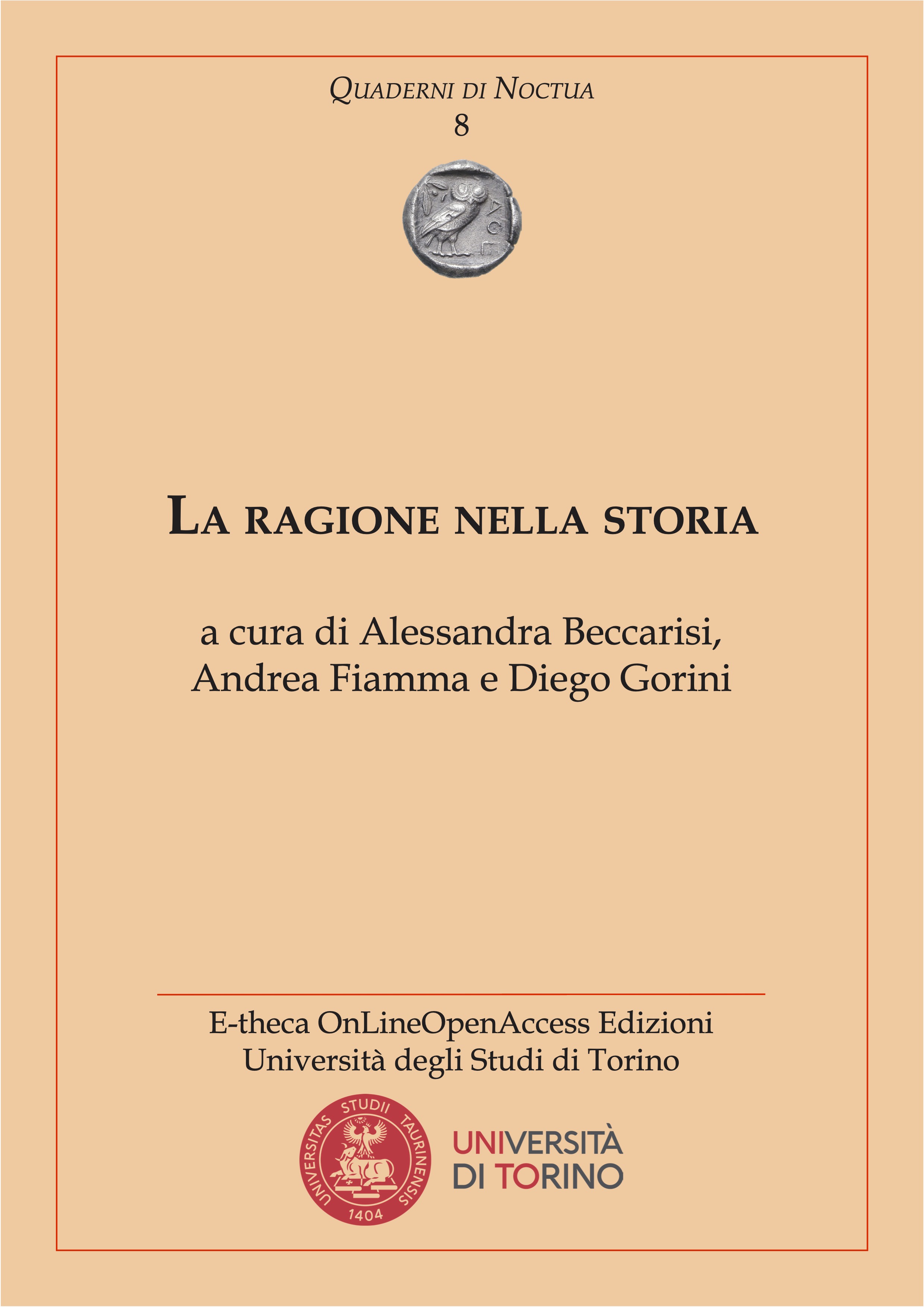Profezia e necessità del prophetatum da Pietro di Capua a Tommaso d’Aquino
DOI:
https://doi.org/10.14640/QuadernidiNoctua8-5Parole chiave:
prophecy, necessity, Thomas Aquinas, Peter of Capua, William of Auxerre, Stephan LangtonAbstract
In the early thirteenth century, the connection between the immutability of the truth of prophecy and the necessary character of the announced event, i.e. the modal aspect of the prophetic utterance, is discussed in the quaestiones de prophetia of Peter of Capua, Stephen Langton, William of Auxerre, Alexander of Hales, Philip the Chancellor, Albertus Magnus and, later, Thomas Aquinas. According to all the authors mentioned in the paper, the necessitarianism of the prophetatum (the object of prophecy) occurs only at the logical-propositional level, i.e. in the form of the logical relation connecting the condition or antecedent and the consequent. The fact that prophecy is a sign of divine foreknowledge does not imply a causal capacity with respect to its content, which remains contingent in itself until it is realised, even if necessary per accidens, as a conditional fact.
##submission.downloads##
Pubblicato
Fascicolo
Sezione
Licenza
Copyright (c) 2025 Anna Rodolfi

TQuesto lavoro è fornito con la licenza Creative Commons Attribuzione 4.0 Internazionale.
Noctua pubblica contributi Diamond Open Access secondo i termini della licenza CC BY / Noctua publishes Diamond Open Access contributions under the terms of the CC BY license.






